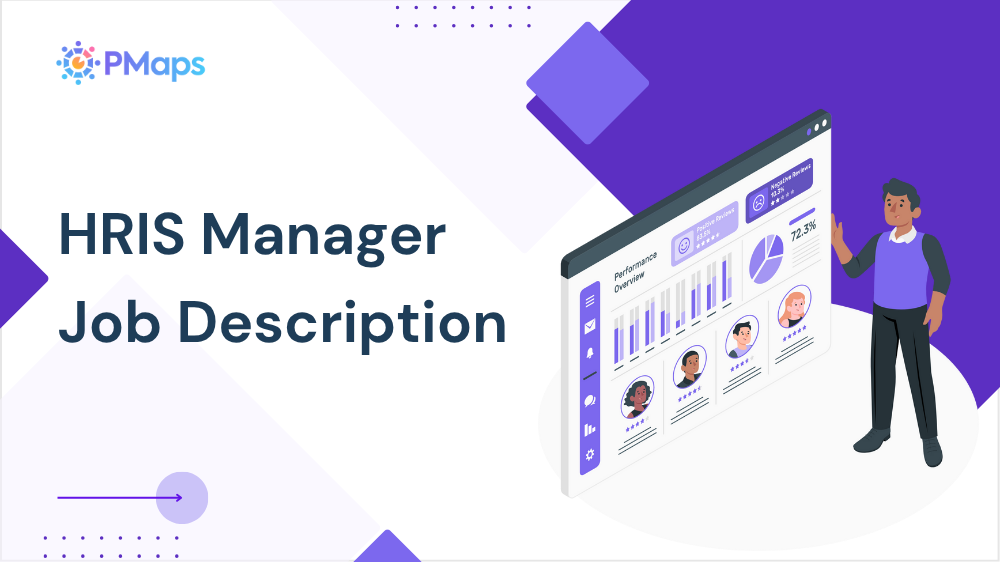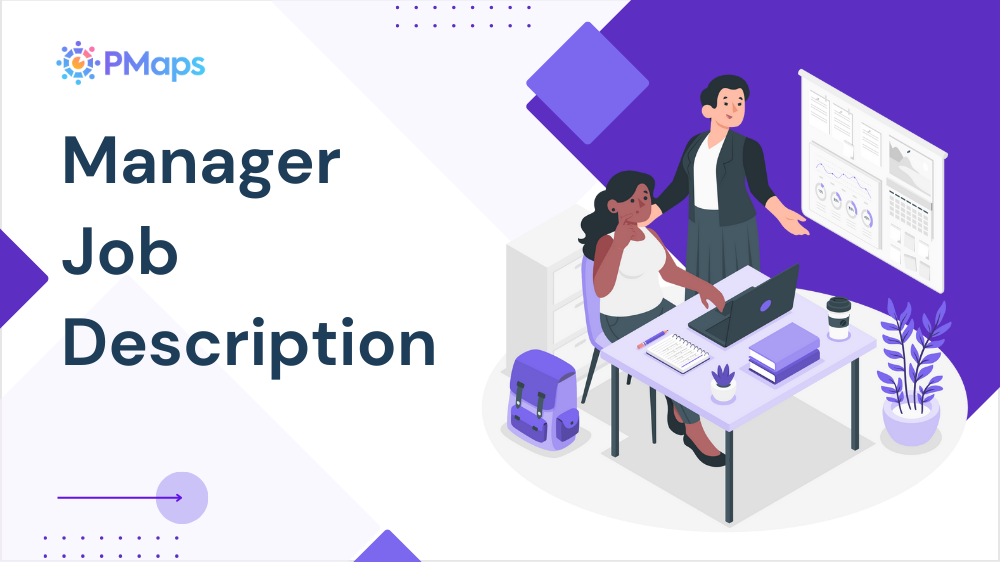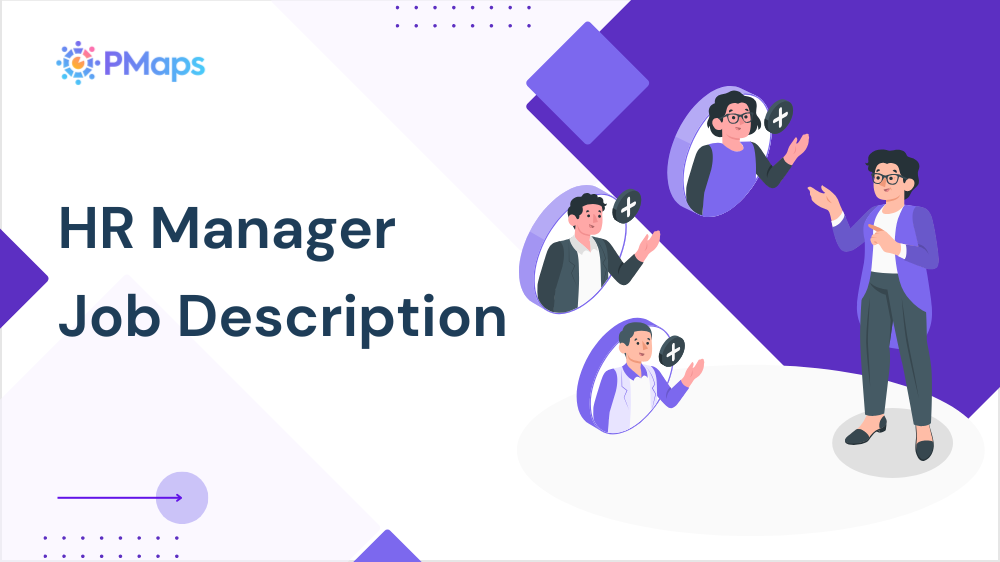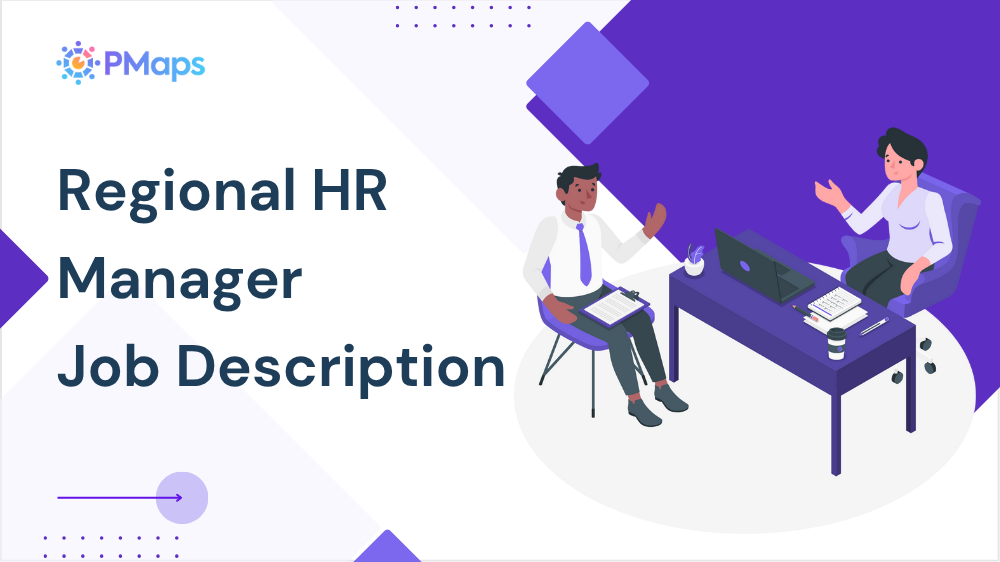
The HRIS Manager plays a fundamental role in aligning human resources operations with enterprise technology. Responsible for the strategic management and configuration of HR systems, this role ensures that platforms like Workday, SAP SuccessFactors, Oracle HCM, or similar tools are optimized to support employee lifecycle processes, including recruitment, onboarding, payroll, benefits, performance, and compliance.
Ready to hire someone who speaks both HR and tech fluently? Put them to the test with our HRIS Manager Assessment!

In addition to managing day-to-day system operations, the HRIS Manager leads system upgrades, integrations, and reporting initiatives. They collaborate with IT, HR business partners, and external vendors to drive automation, enhance user experience, and ensure data accuracy. This role also plays a key part in workforce analytics translating complex HR data into actionable insights for leadership.
Roles and Responsibilities of HRIS Manager
The HRIS Manager ensures that human resources systems operate smoothly, securely, and in sync with organizational goals. This role combines HR expertise with technical oversight to enhance data accuracy, streamline HR workflows, and support strategic workforce planning.
Key responsibilities include:
- Managing and configuring core HRIS platforms
- Leading system upgrades, rollouts, and vendor coordination
- Creating automated workflows and improving user experience
- Developing reports and dashboards for HR analytics
- Supporting data compliance and audit requirements
- Collaborating with cross-functional teams for seamless system integration
Objective of HRIS Manager
The objective of the HRIS Manager is to enable smarter, data-backed HR operations through seamless system alignment. This position aims to improve decision-making, support organizational growth, and elevate employee experience by integrating technology with evolving HR strategies.
Key goals include:
- Delivering centralized access to accurate, real-time employee data
- Driving digital transformation in HR service delivery
- Enhancing workforce reporting and predictive analytics
- Minimizing manual HR tasks through system automation
- Ensuring platform scalability with organizational growth
- Maintaining high standards for data privacy and system security
Qualifications and Skills of HRIS Manager
The HRIS Manager role demands a blend of HR functional knowledge and technical system expertise. Candidates should bring experience in managing enterprise HR platforms, along with strong analytical and stakeholder communication skills.
Core qualifications and skills include:
- Bachelor’s degree in HR, Information Systems, or related field
- Proficiency in HRIS platforms like Workday, SAP SuccessFactors, or Oracle HCM
- Experience with system implementation, upgrades, and integrations
- Strong command of data reporting tools and dashboard creation
- Understanding of data privacy laws and HR compliance standards
- Excellent problem-solving, project management, and cross-team collaboration abilities
Wondering how to dig deeper than just system names in interviews? Check out our HRIS Manager Interview Questions!
Perks and Benefits of HRIS Manager
A role of HRIS Manager offers a unique opportunity to lead the digital backbone of HR operations. It combines strategic influence with hands-on system leadership, enabling deeper involvement in enterprise-wide HR transformation and workforce analytics initiatives.
Role-specific benefits include:
- Strategic ownership of enterprise HR systems and data integrity
- Cross-team collaboration with HR, IT, Finance, and Compliance
- Visibility into workforce planning and executive decision-making
- Continuous learning support for HR tech and compliance certifications
- Performance incentives tied to system efficiency and adoption
- Hybrid work options for focused, project-driven execution
Tips for Employers to Craft an Effective HRIS Manager Job Description
A strong HRIS Manager job description should reflect both strategic leadership and hands-on system expertise. It should clearly outline the role’s influence on HR digitalization, data governance, and cross-functional collaboration while emphasizing its impact on compliance, decision-making, and operational efficiency.
Helpful tips include:
- Specify the HRIS platforms and modules in use (e.g., Workday Core, SAP Time Tracking)
- Highlight responsibilities across system maintenance, upgrades, and user support
- Mention involvement in analytics, dashboards, and compliance reporting
- Clarify collaboration scope with HR, IT, payroll, and finance teams
- Include leadership or project management expectations for HR tech initiatives
- Emphasize data privacy responsibilities and regulatory compliance awareness









